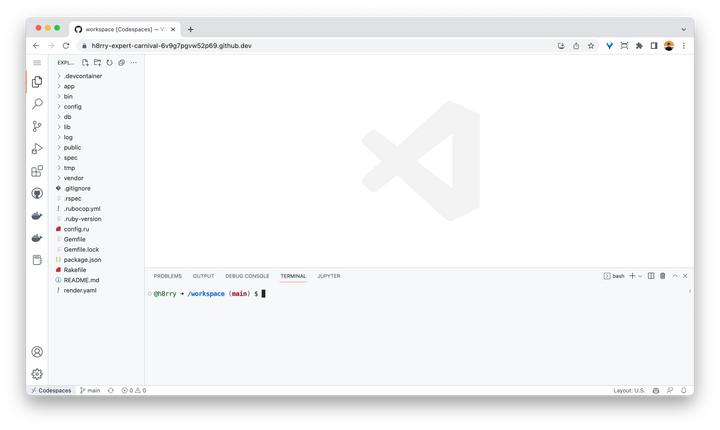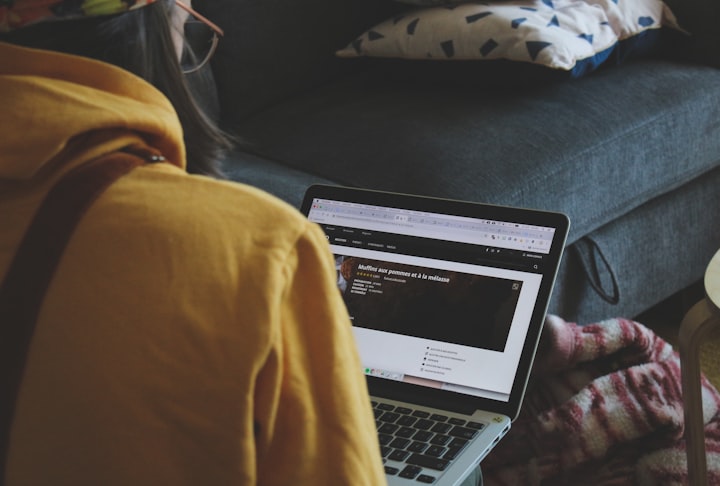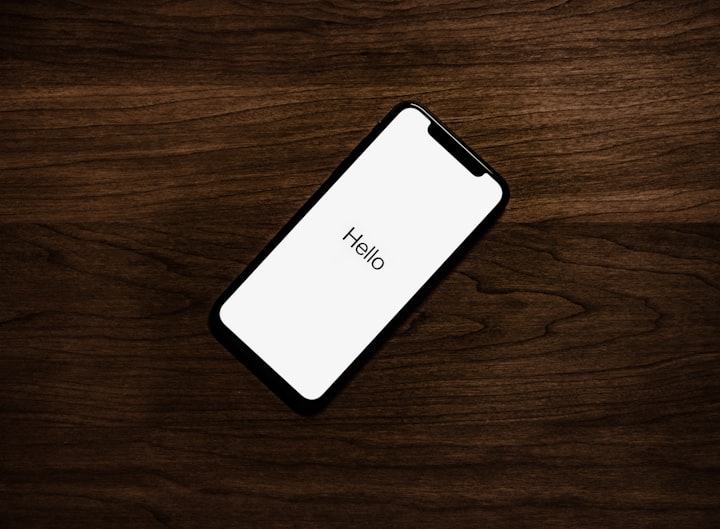How long does it take to learn Python
Introduction
Python is a versatile and popular programming language that has gained immense popularity in recent years. From web development to data science, Python is used in various domains, making it an essential language for anyone interested in learning to code. If you are considering learning Python, one of the most common questions you might have is: "How long does it take to learn Python?" In this blog post, we will try to answer this question and help you understand the factors that influence the time it takes to learn Python.
What is Python?
Python is a high-level, interpreted programming language created by Guido van Rossum in the late 1980s. It is designed to be easy to read and write, making it an excellent language for beginners. Python emphasizes simplicity, readability, and flexibility, which makes it a popular choice for a wide range of projects, from small scripts to large-scale applications.
With Python, you can develop web applications, automate tasks, perform data analysis, and even create games. Due to its versatility and the high demand for Python developers, learning Python can open up many job opportunities and help you advance in your career.
Factors that determine the time it takes to learn Python
The time it takes to learn Python depends on various factors, such as your previous coding experience, the resources you use, your learning style, and the amount of time you can dedicate. Let's discuss these factors in more detail.
Your previous coding experience
If you have prior experience with programming languages, you may find it easier to learn Python. The concepts, syntax, and logic used in programming languages are similar, and having a good understanding of these concepts will make it easier for you to grasp Python. If you are an absolute beginner with no coding experience, learning Python may take longer, but that should not discourage you. Python is known for its simplicity and readability, making it one of the best languages for beginners to start with.
The resources you use
The resources you choose to learn Python can greatly impact the time it takes for you to master the language. There are numerous ways to learn Python, such as online courses, books, tutorials, and coding bootcamps. Some resources are more effective and comprehensive than others, so it's essential to choose the right learning materials.
A 100% online coding bootcamp like Altcademy is a fantastic option for learning Python. Altcademy offers an affordable and effective curriculum that covers all aspects of Python programming. With mentor support, real-world projects, and a focus on practical skills, Altcademy can help you learn Python faster and more efficiently than other resources.
Your learning style
Everyone has a different learning style, and the way you learn can significantly impact how long it takes you to learn Python. Some people prefer learning through visual materials, while others may learn better through hands-on practice or by reading books. It's essential to identify your learning style and choose resources that cater to it. This will help you learn Python more effectively and efficiently.
The time you can dedicate
The amount of time you can dedicate to learning Python will also influence how long it takes you to learn the language. If you can spend several hours a day learning Python, you will likely learn it faster than someone who can only dedicate an hour or two each week. Setting aside regular time for learning and practice is crucial to mastering Python.
Stages of learning Python
Learning Python can be broken down into several stages. Understanding these stages can help you gauge your progress and estimate the time it will take for you to learn Python.
Stage 1: Basics and fundamentals
In the first stage, you will learn the basics and fundamentals of Python. This includes understanding Python syntax, data types, variables, loops, and conditional statements. It's essential to form a strong foundation in these concepts, as they will be the building blocks for more advanced topics later on.
If you are dedicated and consistent, this stage can take anywhere from a few days to a few weeks, depending on the resources you use and the time you can dedicate.
Stage 2: Intermediate concepts
Once you have a good grasp of the basics, you can move on to intermediate concepts such as functions, modules, and object-oriented programming. These concepts are essential for developing more complex Python applications.
This stage can take anywhere from a few weeks to a few months, depending on your dedication and the resources you use.
Stage 3: Advanced concepts and libraries
In the advanced stage, you will learn about more complex topics such as decorators, generators, and context managers. You will also start exploring Python libraries, which are pre-built modules that you can use in your code to perform specific tasks. Some popular Python libraries include NumPy for numerical computing, pandas for data manipulation, and Django for web development.
This stage can take several months to fully grasp and master, depending on the complexity of the topics you choose to explore and the projects you work on.
Stage 4: Building real-world projects
At this stage, you should have a solid understanding of Python and its libraries. Now it's time to apply your knowledge by building real-world projects. This will help you gain practical experience, improve your problem-solving skills, and build a portfolio that showcases your abilities.
This stage is ongoing, as you will continue to learn and improve as you work on more projects and explore new libraries and technologies.
In conclusion: How long does it take to learn Python?
The time it takes to learn Python varies depending on your previous coding experience, the resources you use, your learning style, and the time you can dedicate to learning. On average, it can take anywhere from a few months to over a year to become proficient in Python. However, it's important to remember that learning is an ongoing process, and there is always room for growth and improvement.
By choosing the right resources, like Altcademy, and dedicating regular time to learning and practice, you can learn Python more effectively and efficiently. Remember to be patient and enjoy the journey, as learning to code is a rewarding and fulfilling experience that can open up countless opportunities in your career.




